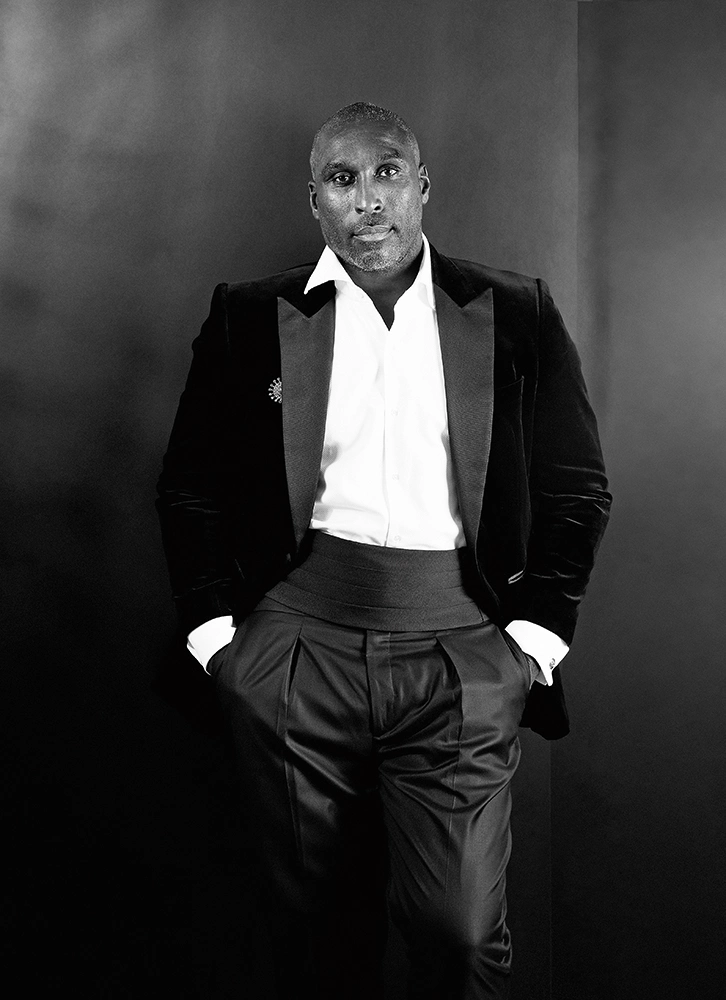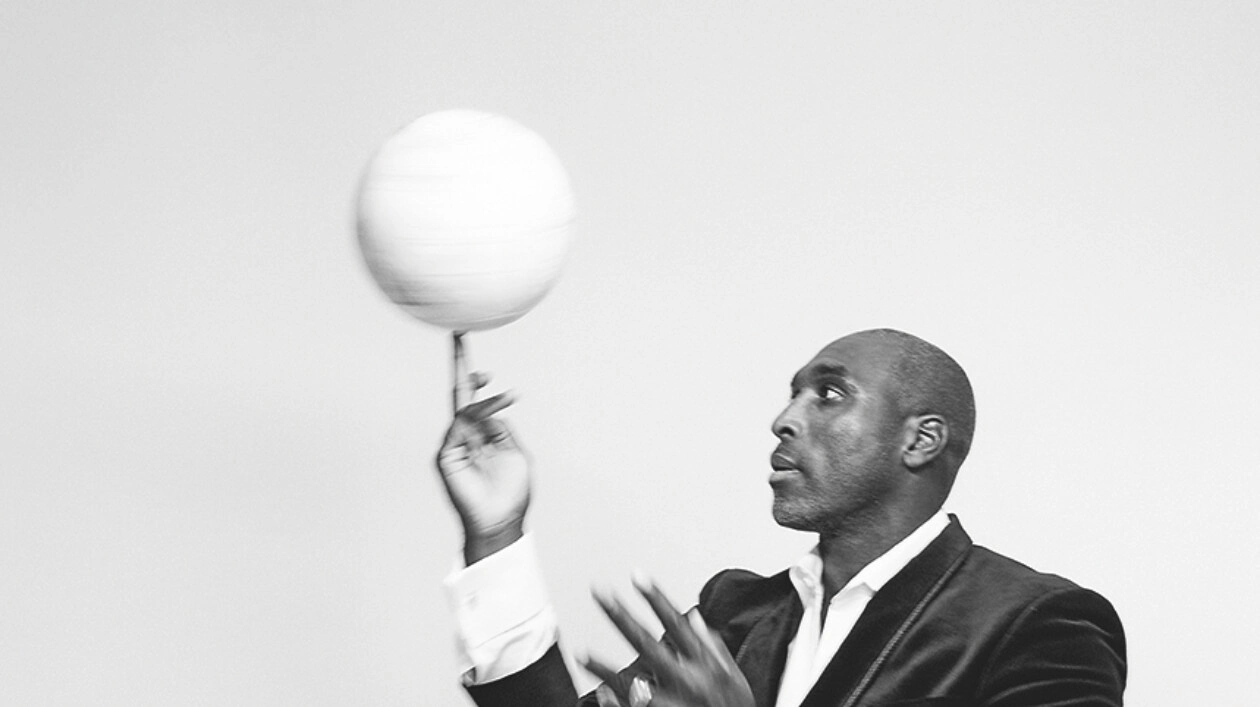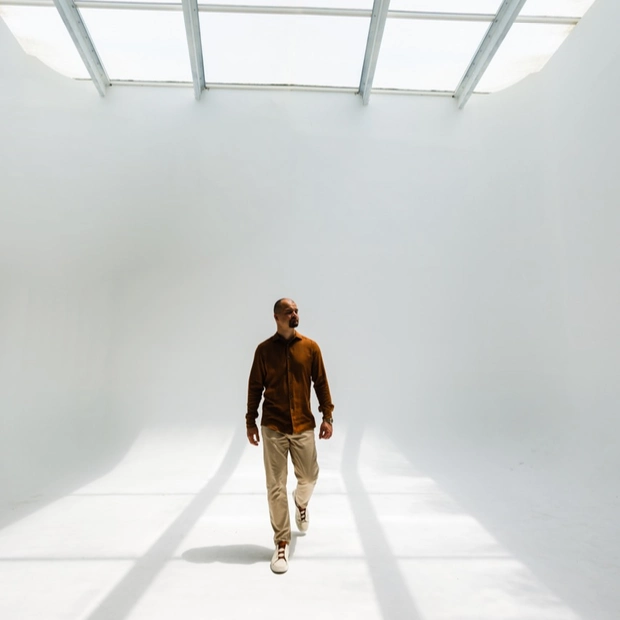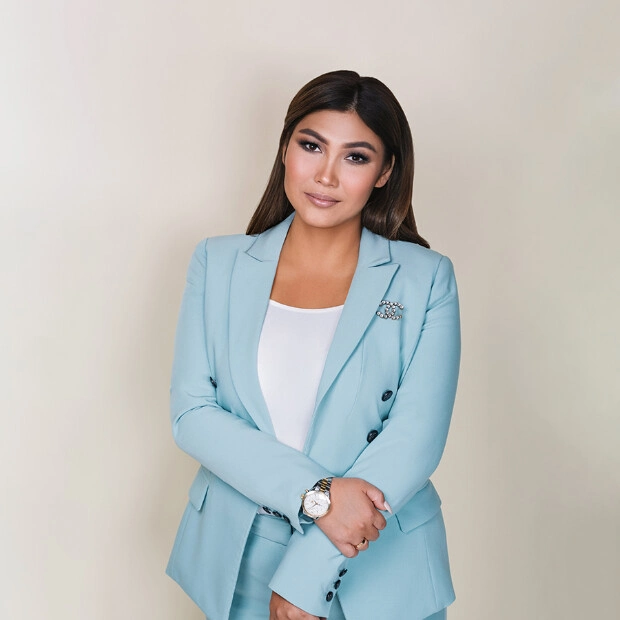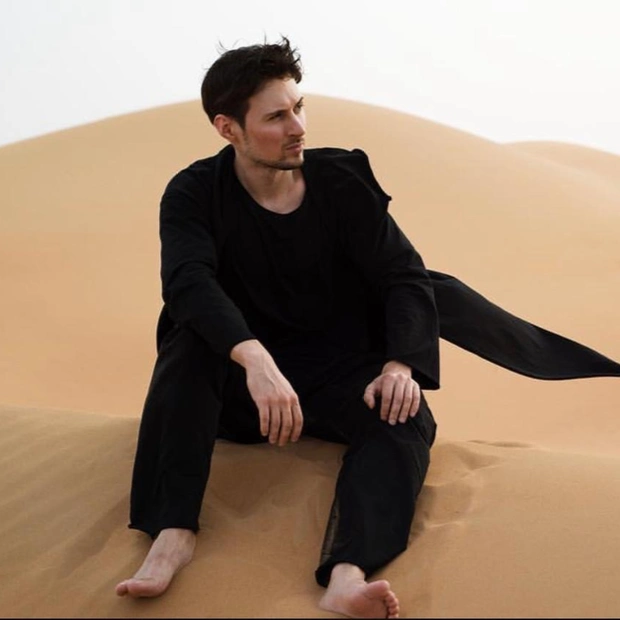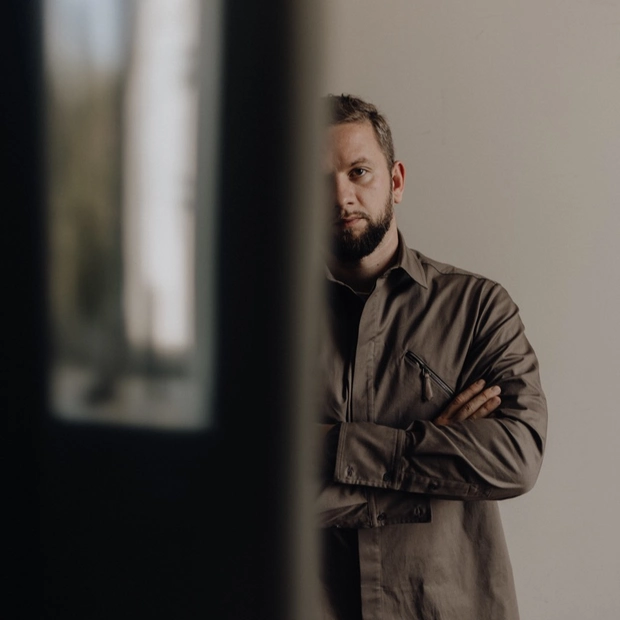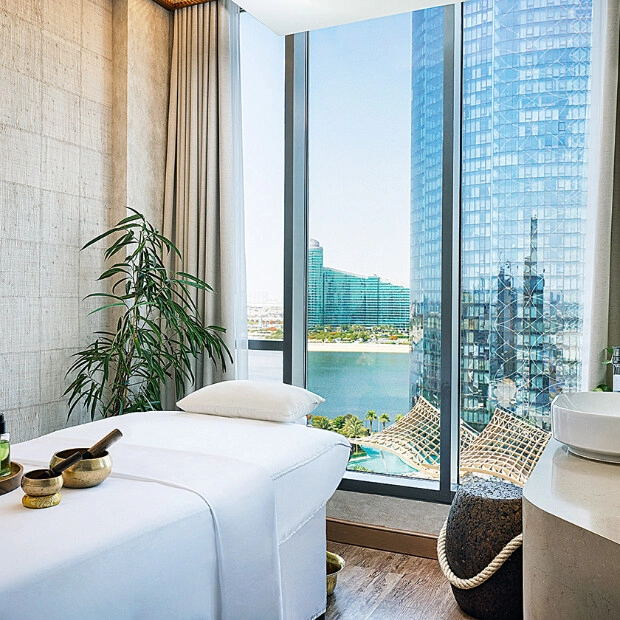Football originated in England more than 100 years ago – in 1863 to be exact. Since then, the ball, players, and field referee on the pitch have been making crowds of fans go crazy about this beautiful spectacle. Some things, forming the path of brilliant Premier League players, are left behind the scene. Among the most talented and popular English footballers is Sulzeer Jeremiah Campbell. In his exclusive interview with our Editor-In-Chief & Publisher Lara Palmer, Sol talks about the football backstage, his career, business, and life.
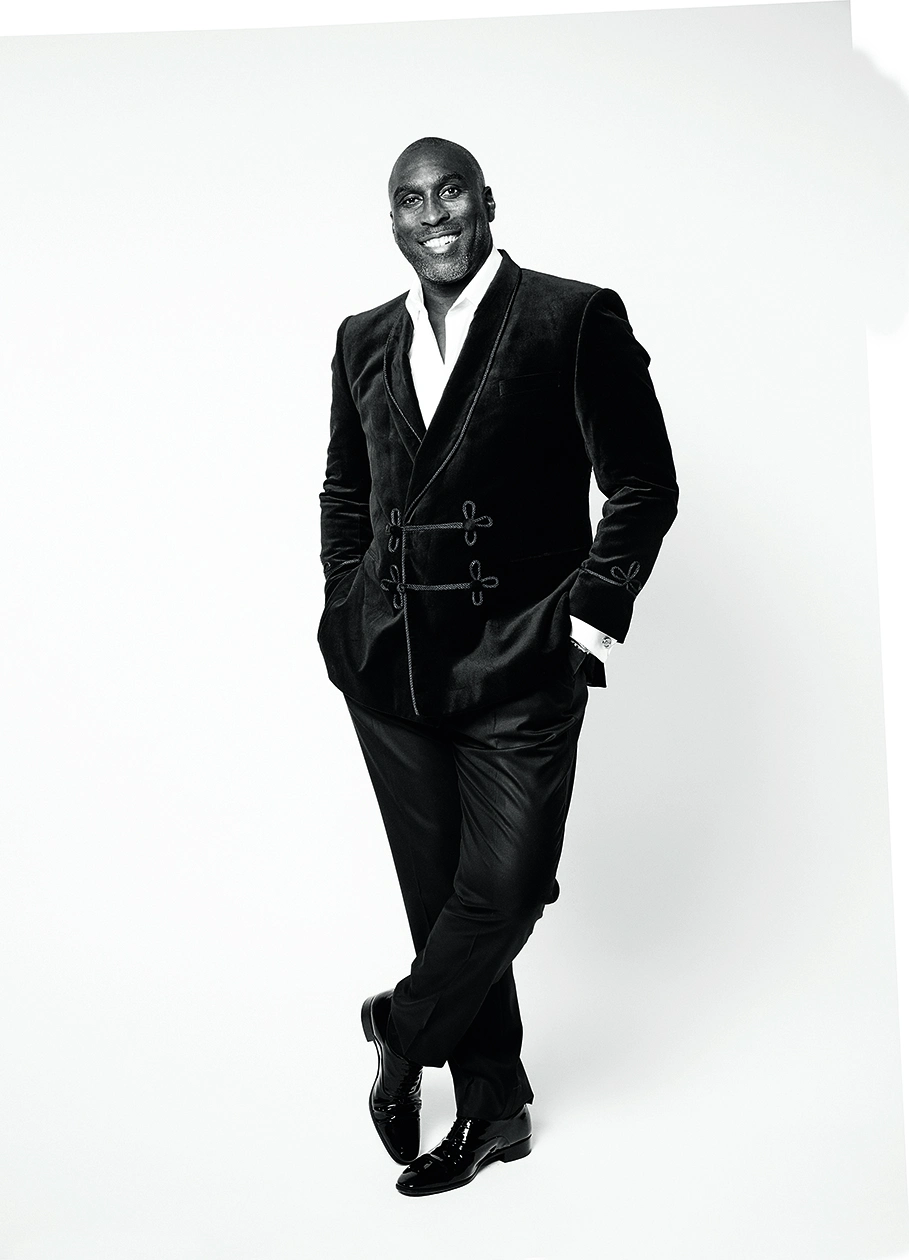
Lara Palmer: My father taught me to play chess. He thought it was the only way to explain strategy and logic to a woman. If he were alive, I would thank him for that. And if your father were here, what would you tell him?
Sol Campbell: My father was a very strong man. His life in Jamaica was quite hard. Moving to England in the ‘60s and adapting to a new environment was also difficult for him and my mother. I wish they could see me now, with 20 years of playing football behind me and progressing in other areas, such as my interior design business, its studios working in London, New York City, and all around the world, the husband of a lovely beautiful wife and father of three wonderful kids. We have blossomed and grown into something special. And we are still happy, growing, discovering things, sometimes having to survive, or even feeling frustrated about certain things. Seeing all that, I think my father would probably say, ‘Wow! That’s OK, son!’, feeling proud to see how much his son has accomplished and gone so far beyond his own life in Jamaica and London. I wish he could see what I have become.
L.P.: Your wife is your business partner. What is it like co-working with a family member? Is it difficult?
S.C.: Well, my wife studied at Parsons, a very prestigious school of design, based in New York City, and at Chelsea College of Art & Design in London. After working for a couple of companies, she’s been running her own business for some 20 years now. As to me, I am primarily a football player, but I have always loved architecture and design too. I can see whether things fit in space and how property can be transformed. I’m actually pretty good at this.
Yes, we have come together in business, but we never have arguments or cross each other in ideas and passions. I know when I should not step too much on her toes, so to speak, but let her be creative and passionate in designing in her own special way. I know when I should not, kind of, go too far in being critical. No doubt, criticism is sometimes needed, but there shouldn’t be too much of it. Otherwise, it will really disrupt the relationship. For me, being positive is always a good solution. We’ve grown together, working in Russia and around the world. Now, we work a lot and make good sales in America.
We exhibit a new outdoor furniture range in our showrooms in Belgravia, London and at the 200 Lex New York Design Center. We design, produce, and sell our furniture around the world, and our business has been an incredible success. Our style is quite unique, and it’s amazing how after 15 years of our designing furniture, it is starting to bear even more fruit for my wife and her team.
Now, we’re also designing our own lighting range in co-operation with an American company and such lighting artists as Apparatus, John Pomp, Matthew Fairbanks, and Christopher Boots. We do city development projects, including single houses and flats too. We can do everything from the inception to the finished product. Our key concept is: you walk in needing nothing but yourself, and we do the rest.
Even when I was 10 years old and couldn’t possibly afford buying a house, I was interested in real estate, paying close attention to all kinds of numbers in my neighbourhood – the local postal code, house numbers, area zip codes, house prices, and the like. I memorised all those figures to train my brain as well as to know and understand more about my area.
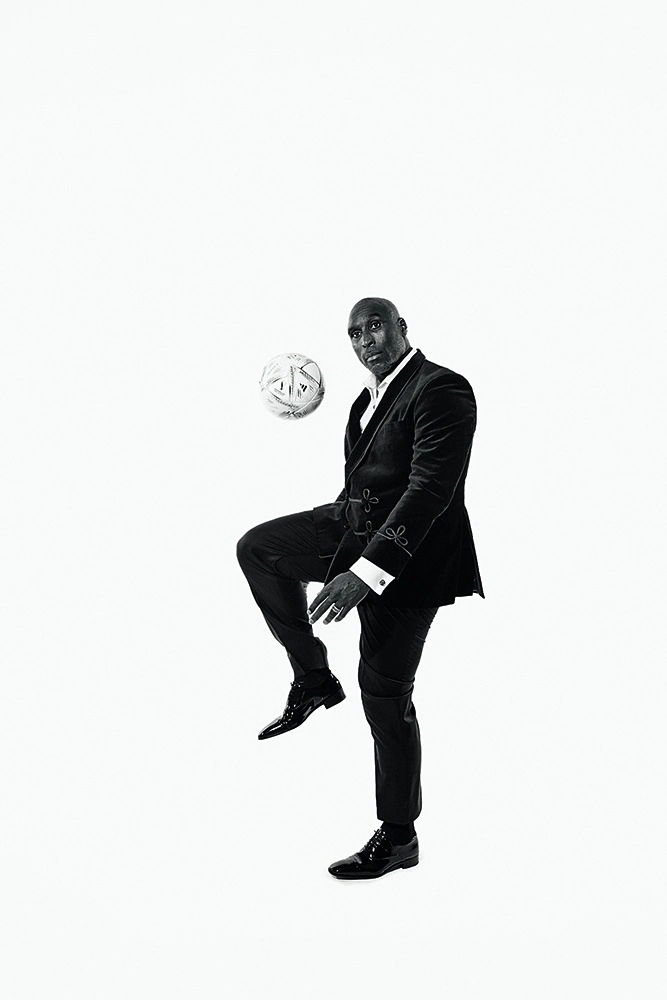
L.P.: Is there a story from your childhood you still remember because it changed you?
S.C.: Yeah, we all come from our childhood. When a child, I left London to join the FA’s National School of Excellence in Lilleshall. I remember thinking to myself: ‘Oh, do I go because it’s a three hours’ drive north-west of London in the countryside? Or because it’s an FA organisation? What am I doing? I don’t want to leave London. I want to stay here and play football for my school’. But now, I think that was the right thing to do. If I hadn’t gone there, I wouldn’t have got where I am now. I wouldn’t have met some of my friends. I wouldn’t have become a specialist in my sport. I wouldn’t have learnt a lot of things and wouldn’t have understood my body, my mind, and how far I could go.
By the way, there, I met Craig Simmons, a fantastic physio, far advanced in his vision. He used to tell me I would make a collection of clothes as I do like designing clothes too. At the age of 14, I already knew a lot about my body, had some really good friends, and played international football in a Scandinavian tournament and in Italy. I’m not sure I’d have reached the same level, if at that tipping point, I’d stayed in London instead of seeking for a better future. Maybe, God was there to push me in the right direction. I think when you become an international football player, people start appreciating the level you’ve reached, the things you’ve gone through, and the sacrifices you’ve made, regardless of the quality and length of the time you’ve played around the world. It is sometimes lost in your own country’s narrative. But when you go outside the UK, people start looking at what you’ve done, how you’ve done it, the quality and consistency of your level as well as the kind of opponents you’ve played against. Only then do some realise and marvel at how this guy came out on top year after year. It was just beautiful football, really strong and quick, and how I played it, with no other story behind it. The best football players can transcend time – having been good 20 or even 50 years ago, they can still be good now if they have the same mentality, training, food, nutrients, and things like that. So, if I came back in a hundred years, I think I’d still be good enough to play top football.
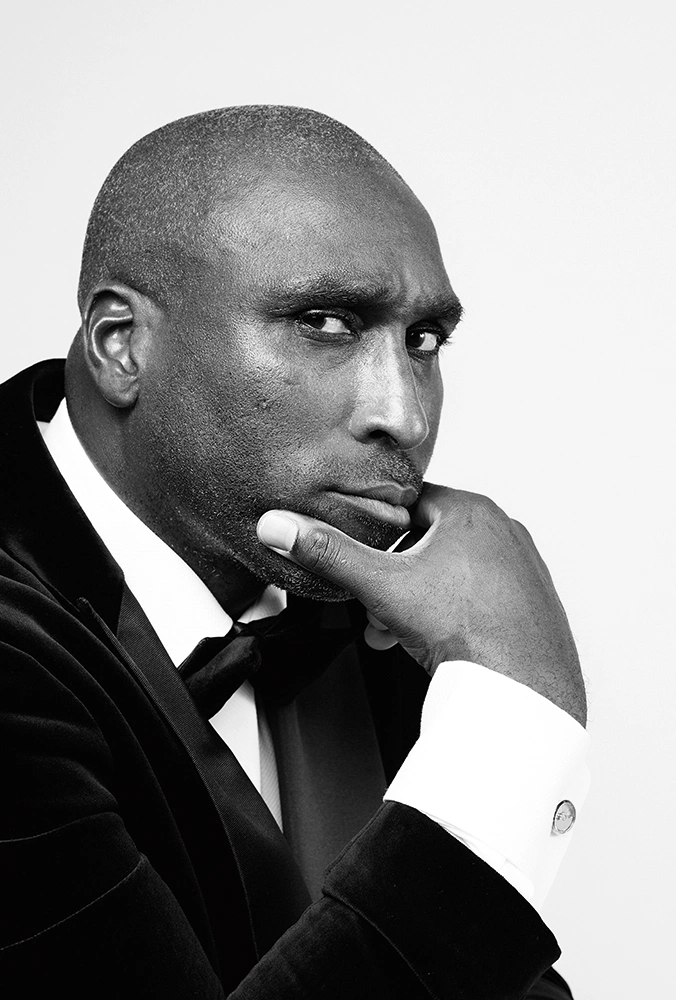
L.P.: How do you keep in shape?
S.C.: I just begin every morning with some sports activities. You have to do a little bit of exercise and stretching. Not full yoga, but just stretching. When your muscles were once used to playing football professionally every day for 20 years in a row, you have to keep them supple and strong to stay on top. Besides, there are still a lot of weak points in my body to work on. I play tennis a little to make sure my Achilles’ tendons are still strong. Sometimes, I also play football but not so much now.
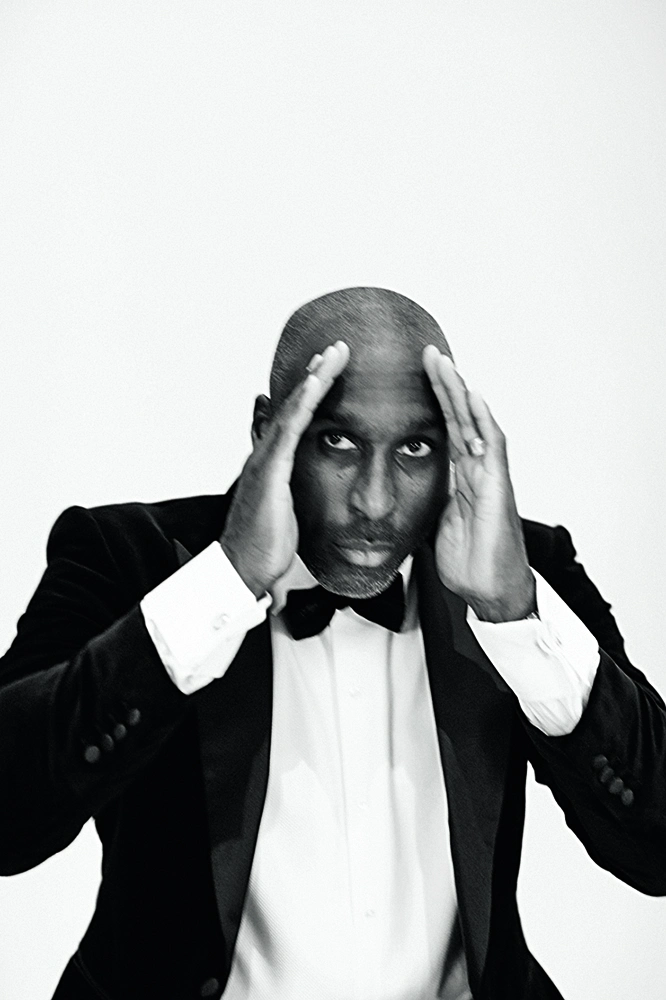
L.P.: Yours was a fantastic journey from the streets of East London to becoming a top-rated Tottenham and Arsenal footballer. Let’s go back to the beginning and talk about the boy you once were. How could you describe him? What was that boy like? What did he dream about?
S.C.: Huh, the little boy in East London? Rough and tough! Well, I was very inquisitive, always asking questions, being sure there was something else about any situation. I wanted to learn, discover, and see new things though my area didn’t give many possibilities for that – neither much culture nor interesting history there. I lived a very simple life, my mind always hungry, same as my soul. Then, I started getting into football and travelled a little bit. Seeing other cultures, how other people differ from you, what they think and do, you learn a lot and become more well-rounded and worldlier. Looking back, I realise I did have a lot of culture around me. Many of my friends came from the Caribbean, African, Indian, and Asian, to name just a few, backgrounds. In the 70s and 80s, Plaistow, East London was a real melting pot, and I feel blessed to have experienced it while living there. Thank you, Stratford!
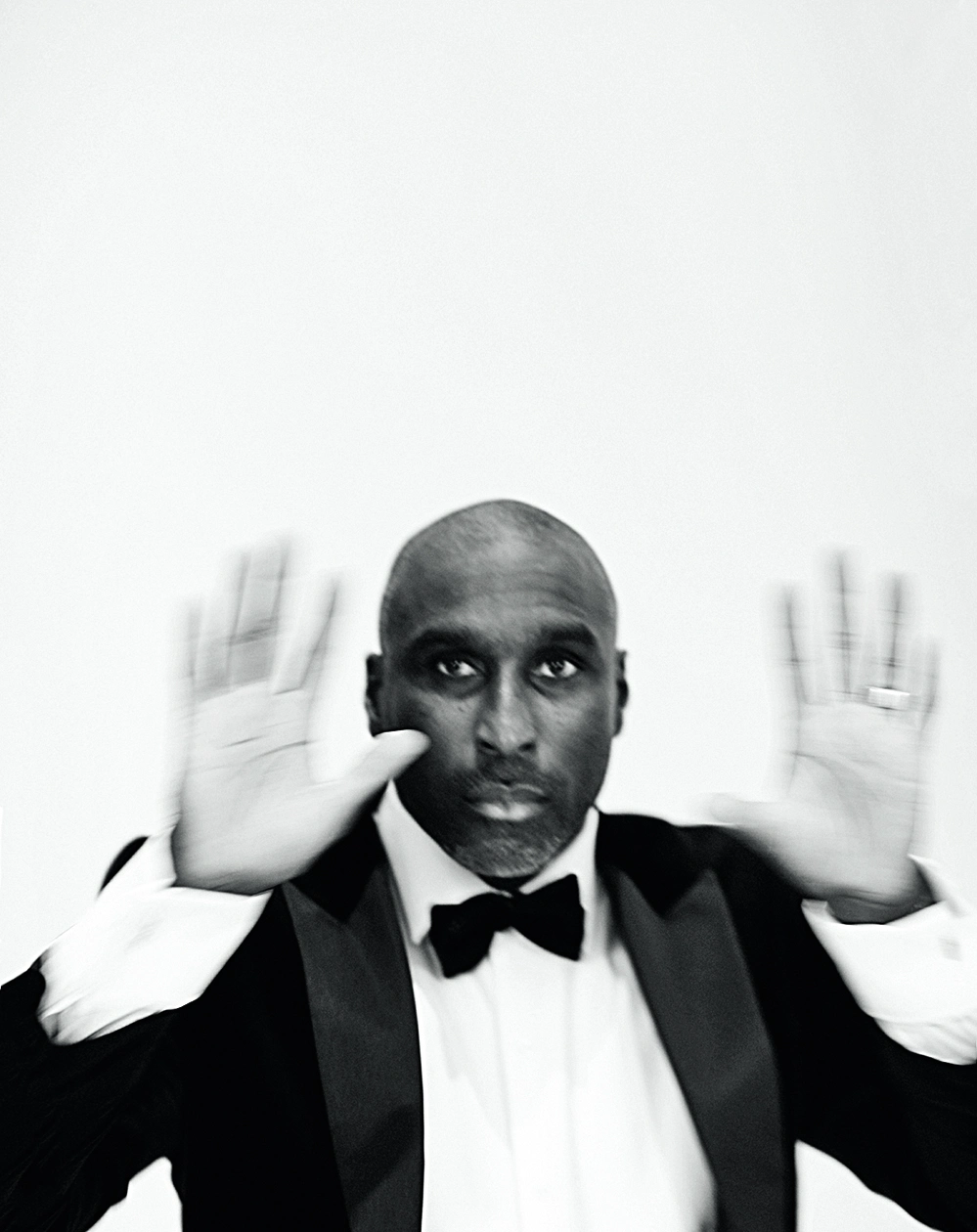
I remember playing for England in the European tournament, for the first time televised by the high-level Sky Sports. We beat Spain, Holland, and Turkey in the final match. I thought I’d relax and go back to my team. I had only one week off, followed by another preseason. It was like night and day perception. Having played as a defender, midfielder, and forward, I realised I could choose the best positions for players. Having moved around to find the best position for myself, I became really good at moving others around, understanding whose attributes would suit different positions the best. I would say, ‘You know what I think? You’d do better there, so let’s try you in this position’. I did that a couple of times, and some players literally got to a higher level.
L.P.: Your career features changing clubs and even roles – from a player to a coach. What was most interesting and challenging about those changes?
S.C.: Oh, for me, changing clubs has to do with the home crowd’s and club’s expectations. These people are always there, waiting to see what’s going to happen, and if you’re going to be a success or fail. That’s the narrative, and all you can do as a footballer is concentrate and make sure you’re eating the right food and sleeping enough to have plenty of energy to play the best football ever.
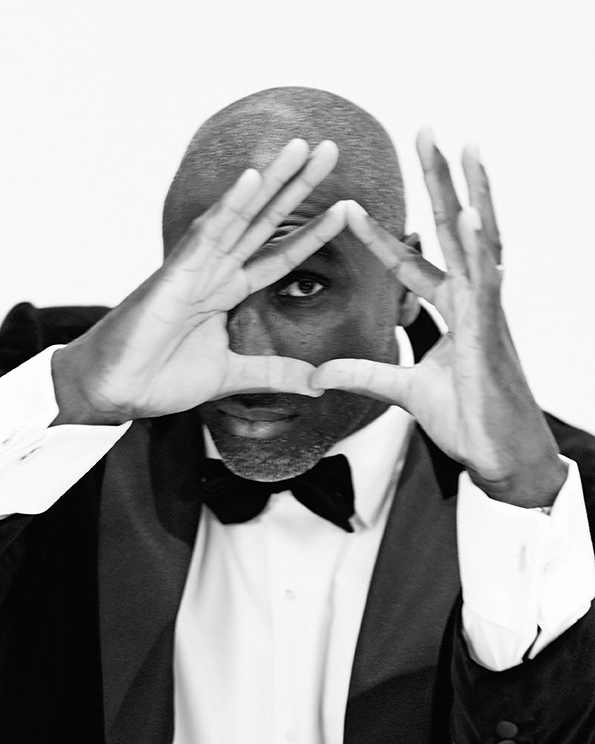
L.P.: What do you think about football in this region? What’s your impression of the preparations in Qatar?
S.C.: Obviously, I have to admit the season is far from being ideal, which might cause problems with scheduling. Still, everyone here is prepared to be really successful, having put a lot of effort into it. So, I hope for an amazing World Cup.
L.P.: Once, you said if you were white, you’d captain the national English team at least for 10 years. Do you feel English football has done away with racism? Is it a different story now?
S.C.: I think I said that for my book. I felt, maybe, I should captain the team more than three times. Not for 10 years but definitely more than three. I felt like trying to move forward and hoped for it. But it’s rather hard because the institution is over 100 years old. I think the general policy of the Football Association, with all its rules and regulations, was to prevent players of colour from becoming managers. Back then, the structure made it difficult to manifest your potential of a coach or manager, so my progression from learning to coach to becoming a football club manager was not a bee-line or a level playing field. Some improvements have been made, but the football world still has a long way to go. Fans and people around football can help to change this situation for the better. People, watching football, are very important, and they should encourage this kind of change. It would be a fair-play change.
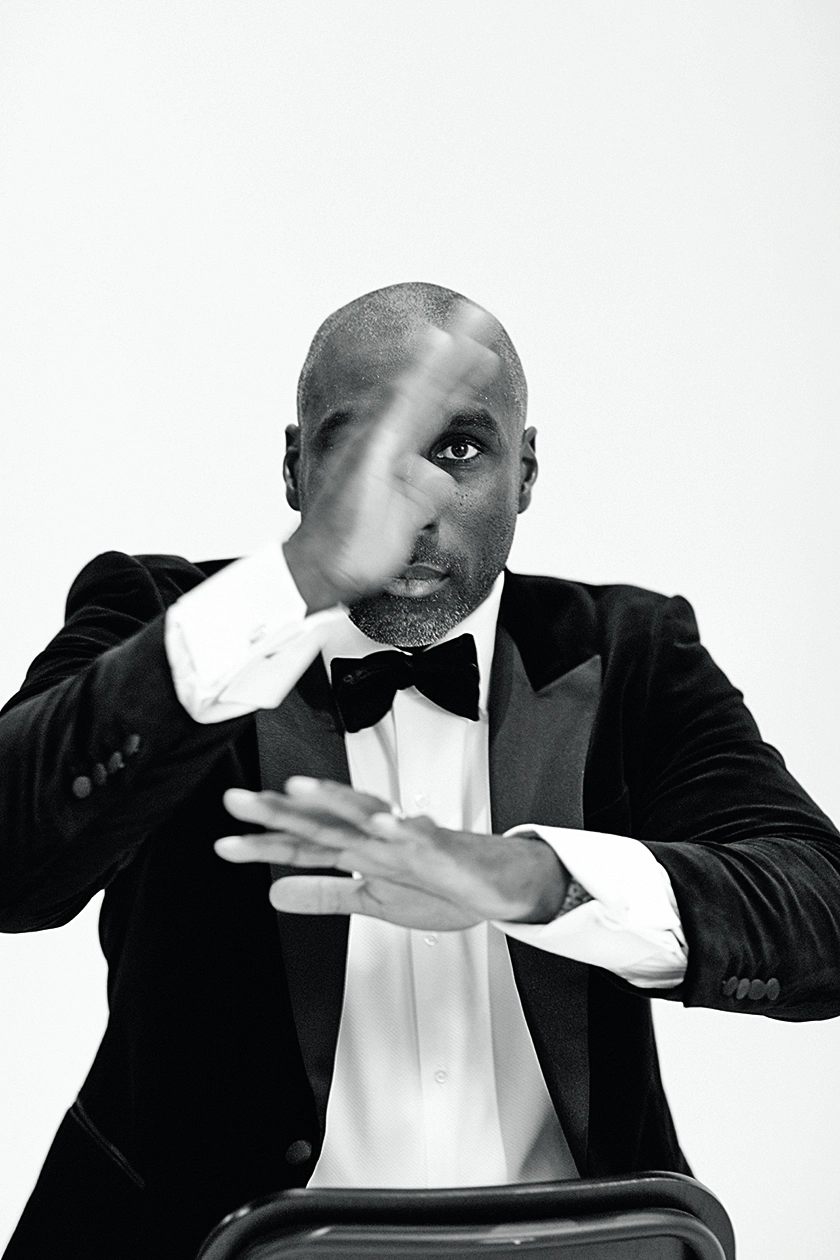
L.P.: What is fair play all about for you?
S.C.: For me, it’s all about making sure players are not taking drugs and things like that. It’s about being as natural as possible when playing the game. If you train hard, look after your body, and your physio does an amazing job, everything’s done in a natural way and according to the best technology. Then, it’s all about your ability, and how well you’ve been looking after yourself and has nothing to do with performing, enhancing, or faking. Doing everything properly without breaking the rules – that’s what I call fair play.
